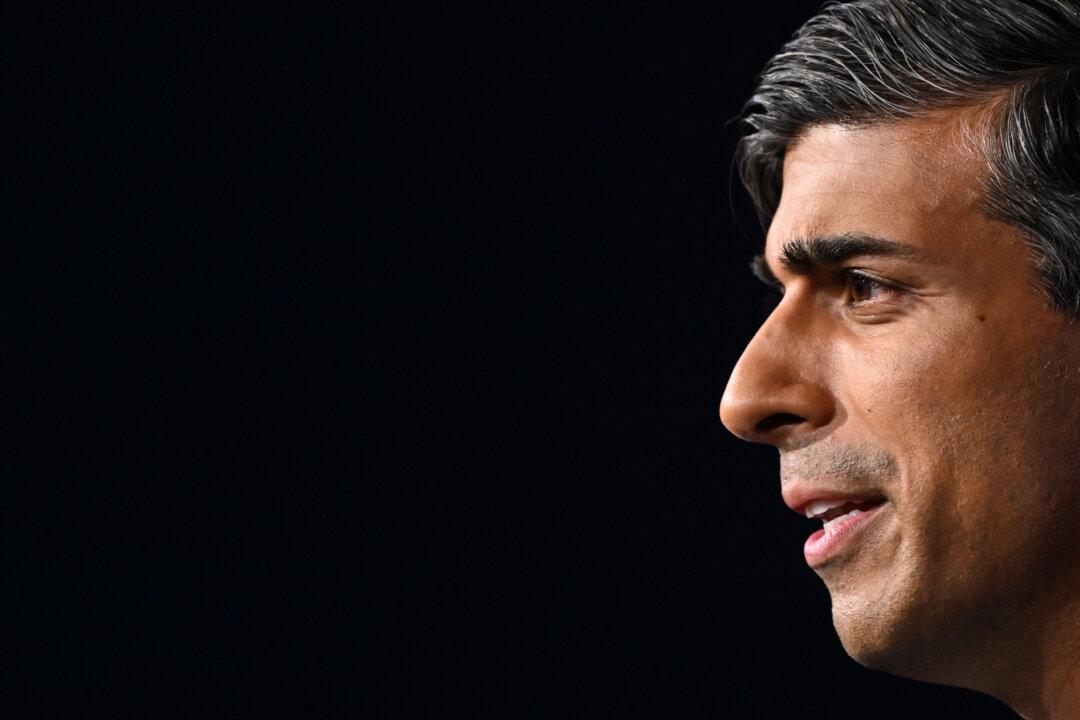Prime Minister Rishi Sunak’s extension of the deadline for banning gas and petrol-powered cars to 2035 has sparked an extensive debate, with a rift growing between agenda setters, as politicians and businesses weigh in on the implications of the u-turn.
Speaking to The Epoch Times, former MEP Nigel Farage labelled the prime minister’s announcement as “a much needed outbreak of commonsense.”





